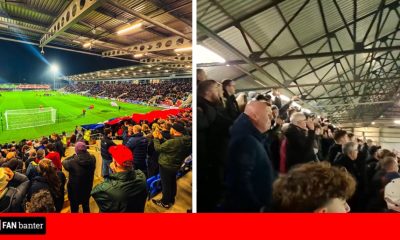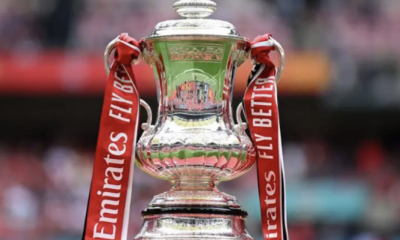Across the UK sporting map, ticket pricing has become a running argument rather than a background detail. Premier League rounds, cup nights, European fixtures, boxing cards, rugby clashes, even lower-league Saturdays, all trigger the same question: how expensive did live sport quietly become. In many discussions, comparisons with digital entertainment and platforms such as spinfin casino underline the sense that screens sometimes feel more affordable than turnstiles.
Supporter spaces across forums, group chats and social media paint a vivid picture. Loyal match-goers describe wage growth lagging behind ticket inflation, extra fees appearing at checkout, and dynamic pricing turning top games into luxury products. Atmosphere still matters, tradition still matters, but patience with pricing strategies shrinks with every announcement about record revenues and new commercial deals.
Voices from the stands
Commentary from fan communities rarely sounds abstract. Real numbers and routines appear: rail tickets, food, membership, and the cost of bringing a child to a first game. Matchday has shifted from spontaneous decision to carefully calculated investment, with some choosing fewer fixtures or moving from season tickets to selective attendance.
Main complaints from regular match-goers
- Hidden extras increase final cost far above the advertised price
- Category games turn historic rivalries into near-corporate events
- Dynamic pricing punishes loyal supporters at peak-demand fixtures
- Family sections lose accessibility for younger fans and local communities
These concerns form more than casual moaning. Many comment threads link pricing to atmosphere erosion, arguing that core support risks replacement by day-trippers and hospitality clients. Long-term identity, built on working-class or community roots, feels under pressure when live access drifts out of reach for consistent match-goers.
Different sports, same frustration
Football usually absorbs the spotlight, yet similar narratives appear around rugby, cricket and major events. High-profile derbies, European finals, international matches and playoffs often arrive with price bands that demand serious financial planning. For some supporters, subscription costs for television and streaming already strain budgets, and stadium pricing looks like another layer on top.
Despite that, passion remains strong. Many fan groups emphasise understanding for modern club economics, fair wages for staff and infrastructure costs. The real demand focuses on transparency and proportionality. Clarity over how pricing links to investments in squads, stadium upgrades and community projects often softens criticism. Silence or vague messaging accelerates anger.
Constructive ideas raised by supporter communities
- Clear pricing models that link increases to visible improvements
- Genuine family packages that reduce cost per seat, not disguise it
- Protected sections with fixed affordable pricing across the season
- Priority schemes that reward long-term loyalty instead of one-off spending
After each idea, one theme repeats: dialogue. When clubs open structured consultation, fan trusts and independent groups normally respond with realism, not fantasy demands. Many proposals accept moderate rises if combined with protection for youth, local and low-income supporters. Absence of consultation signals disregard and often triggers backlash stronger than the numbers themselves.
Digital echo chambers and shifting choices
Online spaces amplify every pricing decision. Screenshots of ticket pages circulate within minutes, followed by comparisons between clubs, leagues and countries. Supporter bases benchmark value against rivals and European peers, and question whether certain brands price primarily for tourists and hospitality clients. Some long-time attendees switch to away games, non-league grounds or other sports where access still feels human.
At the same time, modern fans track value in broader terms. Atmosphere quality, stadium services, safe standing sections, transport options and scheduling all form part of the mental calculation. A club that pairs higher prices with soulless kick-off times or weak communication risks more criticism than a club that raises prices while investing visibly in matchday experience.
What the debate really shows
The conversation around UK ticket prices reveals a deeper tension between commercial growth and cultural responsibility. Clubs and organizers build global brands, sign record deals and market elite products. Supporters safeguard memory, identity and emotional roots. When pricing ignores that balance, resentment spreads quickly and trust erodes.
However, the debate also proves that engaged fan communities remain ready to collaborate on solutions. Sensible caps on certain sections, loyalty-based discounts, family initiatives and transparent explanations can rebuild confidence. Live sport in the UK still carries unmatched energy. The question for decision-makers is whether pricing strategies protect that heritage or slowly sell it to the highest bidder.













You must be logged in to post a comment Login